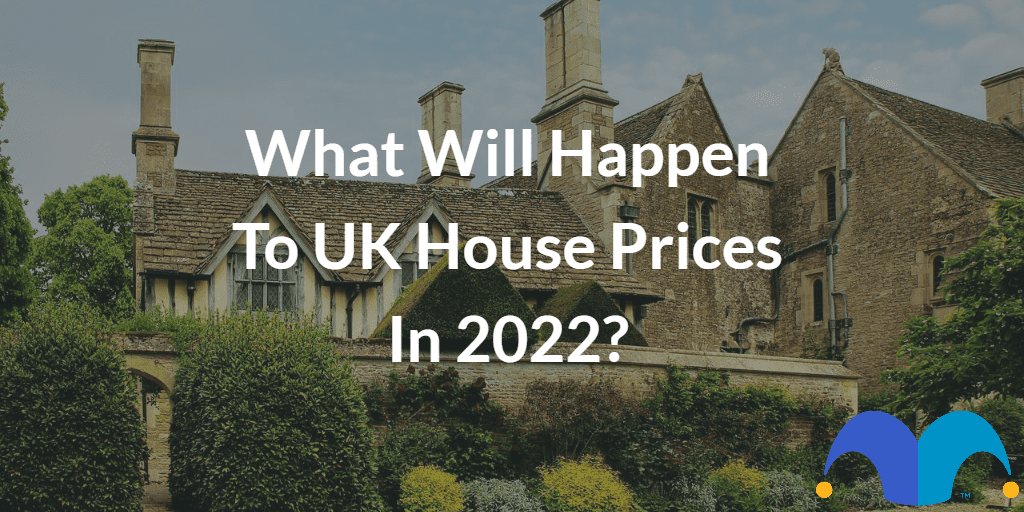The UK is currently in the grips of a house price boom. The stamp duty holiday, changes in lifestyle and low interest rates have led prices to increase by 10.9% year-on-year in May.
While experts are fairly confident this positive trajectory will continue through 2021, what does this mean for 2022? Let’s take a look at what’s going to happen to house prices going forwards.
How’s the housing market looking in 2021?
To predict where we are going, we need to know where we have been. So let’s break down what’s been happening to house prices so far in 2021.
The biggest impact on the housing market this year has been the extension of the stamp duty holiday. Originally due to end in March 2021, Chancellor Rishi Sunak said it would continue until the end of June, before tapering off and standard rates returning at the end of September.
As a result of this, the past few months have seen the market flooded with new buyers looking to secure a new home before the tax break ends.
Interest rates have also been kept low as the Bank of England has tried to support borrowers during the Covid-19 pandemic. While rates are now starting to climb again, they are still well below pre-pandemic levels.
We are currently seeing increased demand for houses, but we are not seeing an influx of new properties coming onto the market.
When there is more demand than supply, we see prices rise. That is exactly what has happened to the UK housing market in 2021.
Will house prices rise further in 2022?
The question on everyone’s lips is can house prices continue to rise at the same rate, or is the market headed for a correction?
Forecasts are relatively mixed, but the positive news is that no one expects there to be a big drop off.
While the end of the stamp duty holiday is expected to cool house prices, there are still a lot of factors that will support property values.
Demand is still outstripping supply. And buyers are still looking to make lifestyle changes after the pandemic. The move towards spending more time at home and remote working has meant that people are looking for something different from their property.
There is concern that unemployment will rise as the furlough scheme comes to an end. But economists are hoping that a robust recovery in Q3 and Q4 of 2021 will soften this blow.
As a result, Capital Economics thinks that house price inflation will average 3% per year until the end of 2024. Meanwhile, Savills forecasts that prices will increase by 5% across the UK in each of the next five years to 2025.
In reality, only time will tell.
To buy or not to buy?
If you are thinking of moving home, you may be wondering whether you should commit to it this year or wait until prices cool off a bit.
There is no easy answer to that question. Keeping track of changing house prices is obviously important when it comes to buying and selling a home. But a lot will also depend on your own personal needs and financial circumstances.
If the property you want is available now and you can afford it, then it could be worth pursuing. Interest rates are currently low, meaning there are some good mortgage deals available if you have a decent deposit. And the government’s mortgage guarantee scheme means that products for those with only a small deposit are once again becoming available.
While you can read every forecast available, there are no certainties. The forecast at the moment is that house prices will level out slightly. But anything can happen between now and 2022. So you need to ask yourself whether you are happy to hold on for changes that may not happen.
